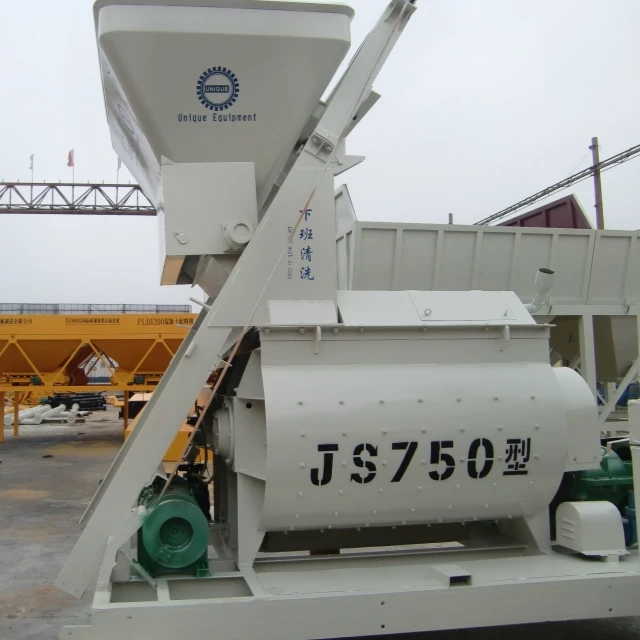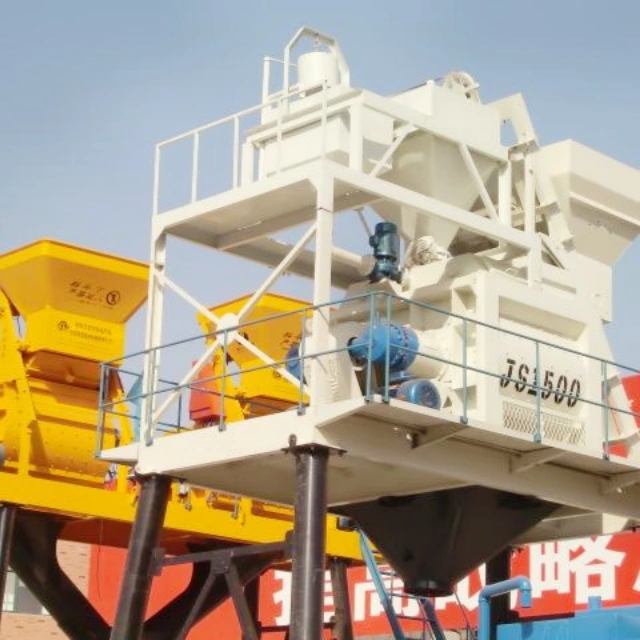Industrial mixers are the unsung heroes of material processing—when they work well, operations hum along smoothly. But when critical components fail, the results can be catastrophic: inconsistent batches, unplanned downtime, and costly repairs. This guide reveals a data-driven inspection protocol to safeguard your mixer’s reliability and output consistency, drawing from proven maintenance methodologies.
Critical Components for Mixer Performance Optimization
Blade and Liner Integrity: The Frontline of Mixing Efficiency
Mixer blades and liners endure constant abrasion from raw materials. Even minor wear can disrupt homogeneity in your final product. Here’s how to spot trouble early:
- Visual Checks: Look for grooves deeper than 1/8 inch on blades—these reduce shear efficiency by up to 20% (based on field studies of construction-grade mixers).
- Liner Gaps: Use a feeler gauge monthly to measure gaps between liners and the mixing chamber. Gaps exceeding 3mm risk material buildup that strains motor capacity.
- Vibration Analysis: Anomalies in vibration patterns often precede blade fractures. Portable sensors can detect high-frequency oscillations signaling metal fatigue.
Ever wondered why some batches take longer to mix? Worn blades force the motor to work harder, extending cycle times.
Precision in Raw Material Feeding: Timing, Positioning, and Homogeneity
Inconsistent feeding is a silent productivity killer. A study of concrete plants found that 38% of mixer failures originated from improper material loading sequences. Optimize with:
- Timing Sensors: Install load cells to verify each raw material enters at the programmed interval. Delays as short as 5 seconds can create pockets of unmixed material.
- Chute Alignment: Misaligned feed chutes cause segregation. Laser alignment tools ensure materials land precisely at the blade’s optimal contact point.
- Moisture Probes: Real-time moisture detection adjusts mixing time automatically, preventing overwetting that accelerates liner corrosion.
Think of your mixer like a chef’s whisk—ingredients must meet the blades at the right moment for perfect consistency.
Shaft Health: Preventing Binding and Operational Disruptions
The shaft transmits power to the blades, but misalignment or bearing wear can halt operations abruptly. Proactive measures include:
- Thermal Imaging: Scan bearings weekly. Temperatures above 85°C indicate insufficient lubrication or mounting stress.
- Runout Tests: Dial indicators measure shaft wobble. Tolerances beyond 0.005 inches require immediate realignment to prevent cascading damage.
- Lubrication Logs: Track grease types and intervals. Industrial mixers in high-dust environments often need synthetic lubricants to resist washout.
Proactive Maintenance: Integrating Inspections into Workflow
Reactive repairs cost 3–5x more than preventative interventions (per construction equipment lifecycle analyses). Build inspections into daily routines:
- Checklists: Digital templates ensure technicians assess all critical components without oversight. Example: Blade torque values should be verified after every 50 hours of operation.
- Trend Tracking: Cloud-based platforms like those integrated into Garlway’s winch systems can log vibration, temperature, and power draw data to predict failures before they occur.
- Cross-Training: Empower operators to identify early warning signs like unusual noises or slower cycle times—they’re the first line of defense.
Did you know? Properly maintained mixers can achieve 95%+ uptime—equivalent to 50+ additional production days annually.
Conclusion: Reliability as a Competitive Edge
Mixer failures don’t just stall production; they erode customer trust in your product’s consistency. By systematizing inspections around blades, feeding mechanisms, and shafts, you transform maintenance from a cost center to a value driver.
Actionable Steps:
- Conduct a baseline assessment of all mixer components using the criteria above.
- Implement at least one monitoring technology (vibration sensors, thermal cameras, or load cells).
- Schedule quarterly training refreshers to keep teams alert to subtle performance shifts.
For operations relying on heavy-duty mixing—like those using Garlway’s construction-grade equipment—these protocols are non-negotiable. They’re the difference between meeting deadlines and missing them due to preventable breakdowns.
Related Products
- Ready Mixer Machine for Construction Ready Mix Machinery
- HZS90 Large Multiquip Concrete Mixers for Construction
- Construction Products Concrete Plant Machine Mixing Concrete Mixer
- Auto Concrete Cement Mixer Machine New
- Commercial Construction Mixer Machine for Soil Cement Mixing Concrete
Related Articles
- How to Master Concrete Mixer Operation: Training, Certification, and Safety Protocols
- How Ignoring Concrete Mixer Manuals Endangers Workers and Invites Legal Consequences
- How to Prevent Concrete Setting Failures: Science-Backed Material and Environmental Solutions
- How to Choose Concrete Mixers for Long-Term Reliability and Cost Savings
- Optimizing Concrete Mixer Safety: How Proactive Tire and Suspension Maintenance Prevents Catastrophic Failures














